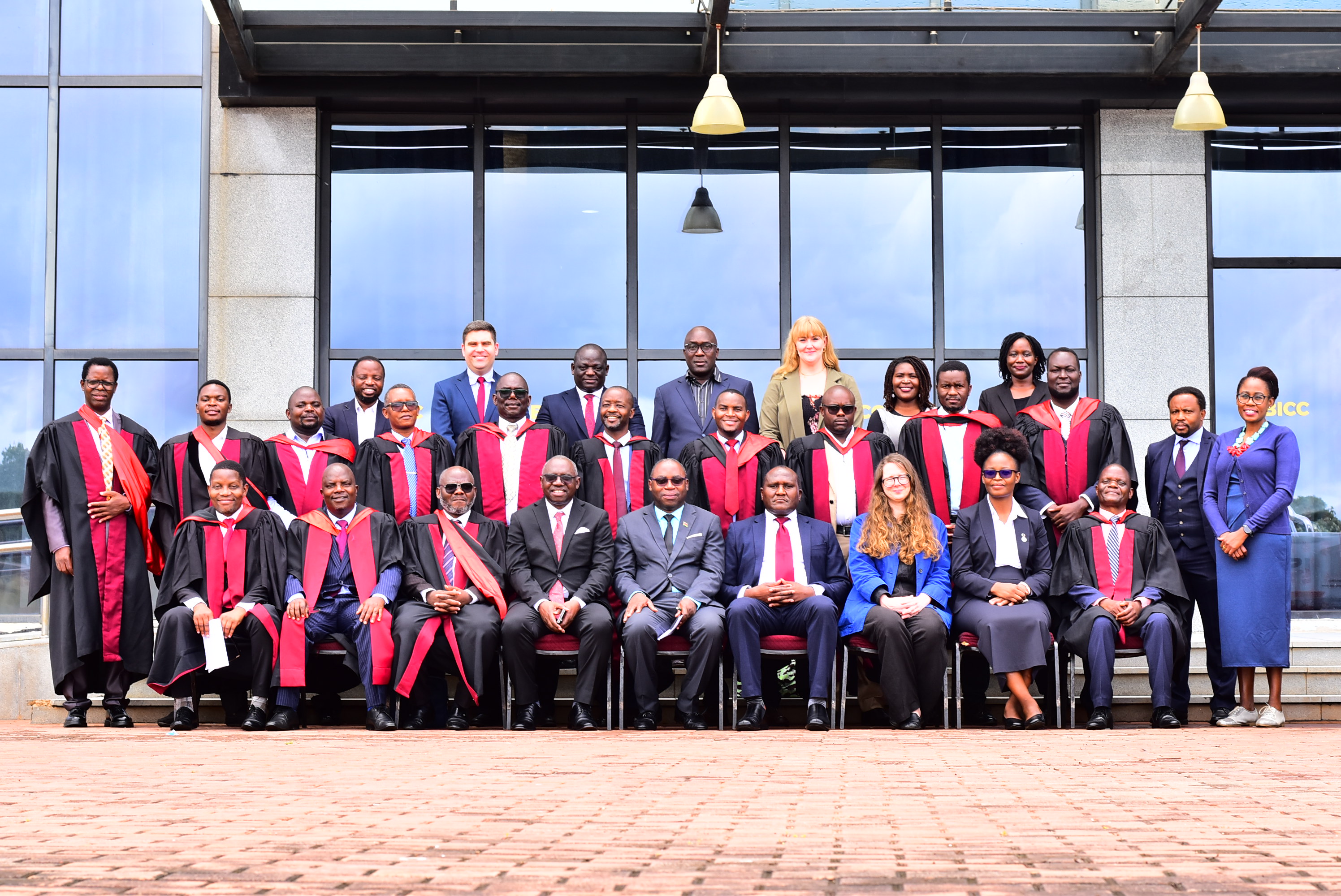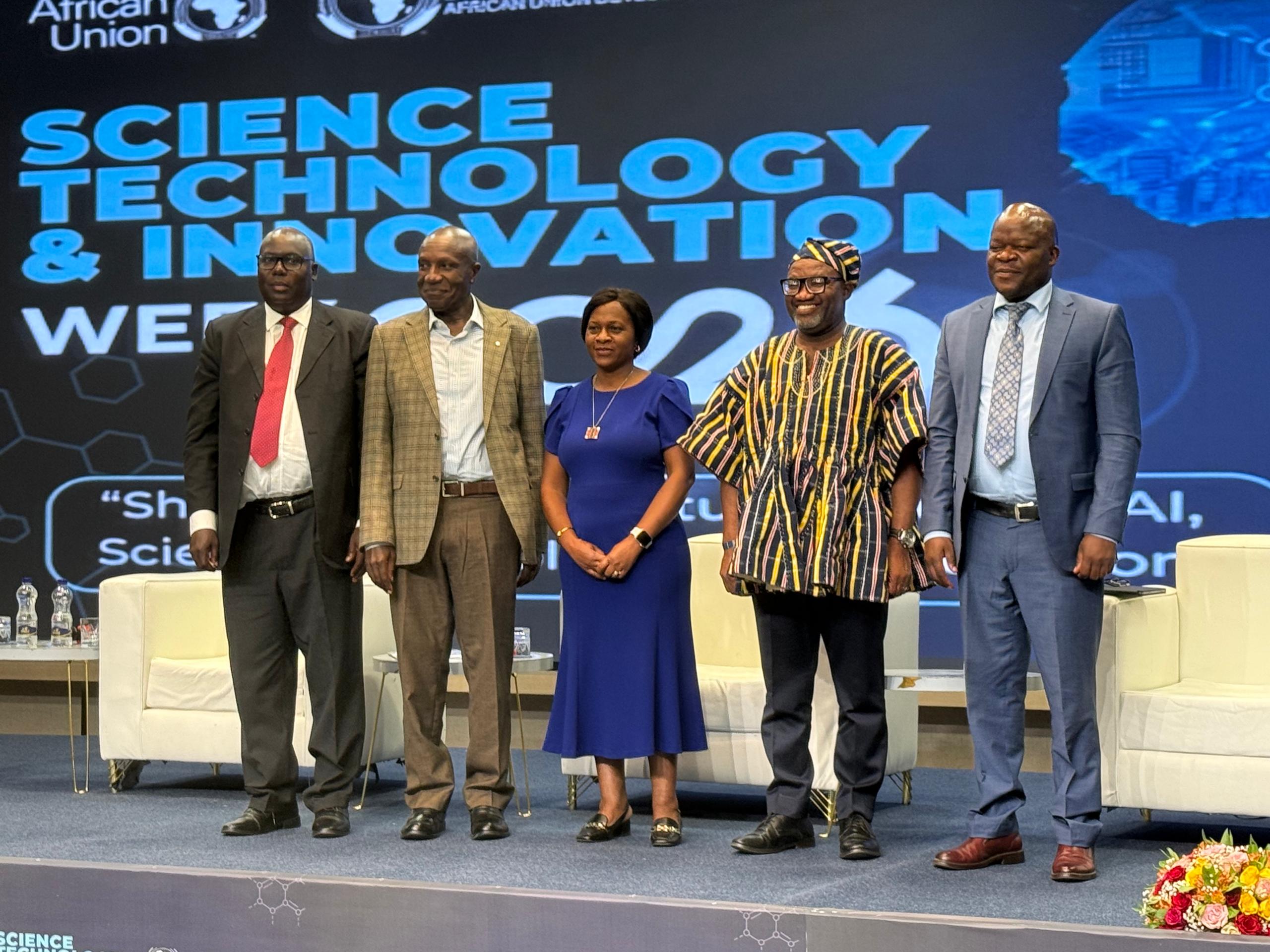In a significant effort to tackle pressing agricultural challenges and enhance community development, the National Commission for Science and Technology (NCST) is set to launch an innovative project focused on the transfer of appropriate technology. This initiative, in collaboration with the World Intellectual Property Organization (WIPO) and the Lilongwe University of Agriculture and Natural Resources (LUANAR), aims to harness technological advancements to promote sustainable agricultural practices throughout the nation.
Titled “Facilitating the Transfer of Appropriate Technology in the Republic of Malawi,” the project seeks to empower local communities by identifying and deploying technologies tailored to their specific agricultural needs. Over an estimated duration of 12 to 18 months, the project will leverage technical and scientific data drawn from patent documents to pinpoint and develop solutions that effectively address local development challenges. The primary goal is to improve livelihoods within beneficiary communities by introducing innovative approaches to socio economic issues.
The project comes at a critical time for Malawi’s agricultural sector. The country continues to grapple with fertilizer shortages, with national demand estimated at around 400,000 metric tonnes annually. However, due to persistent foreign exchange constraints, actual supply remains significantly lower. During the 2024/25 season, the Affordable Inputs Programme (AIP) was scaled down, reaching 1.5 million farmers compared to 2.5 million in previous years. Rising fertilizer prices and limited availability have added pressure on smallholder farmers, prompting increased interest in sustainable and locally adaptable alternatives.
Against this backdrop, the NCST-led trials of an organo-mineral fertilizer represent a timely and potentially transformative solution. Director General of NCST, Gift Kadzamira, provided insights into the ongoing trials taking place in Bembeke, Chitala, and Mkwinda. “The fertilizer is still in the testing phase, and we are preparing equipment for granulating it. Once we conduct tests with the granulated version, we will gain clearer insights into its performance. Notably, feedback from farmers indicates that, at this point, there is no significant difference compared to other inorganic fertilizers,” she stated.
Kadzamira emphasized NCST’s commitment to finding solutions that benefit farmers while safeguarding natural resources. “Our aim is to develop fertilizers and other agricultural technologies that harmonize with the local ecosystem,” she added.
A standout feature of this organo-mineral fertilizer is its affordability and potential to restore soil fertility, as it is composed of organic matter rather than synthetic chemicals. Coleta Tembo, a local farmer involved in the project, highlighted its advantages, stating, “This fertilizer is not only cost-effective but also environmentally friendly.”
As the project advances, the NCST, in collaboration with local universities and WIPO, anticipates unveiling new technologies that could revolutionize Malawi’s agricultural landscape offering farmers sustainable tools to enhance productivity, reduce dependency on imported inputs, and ensure long-term food security.


